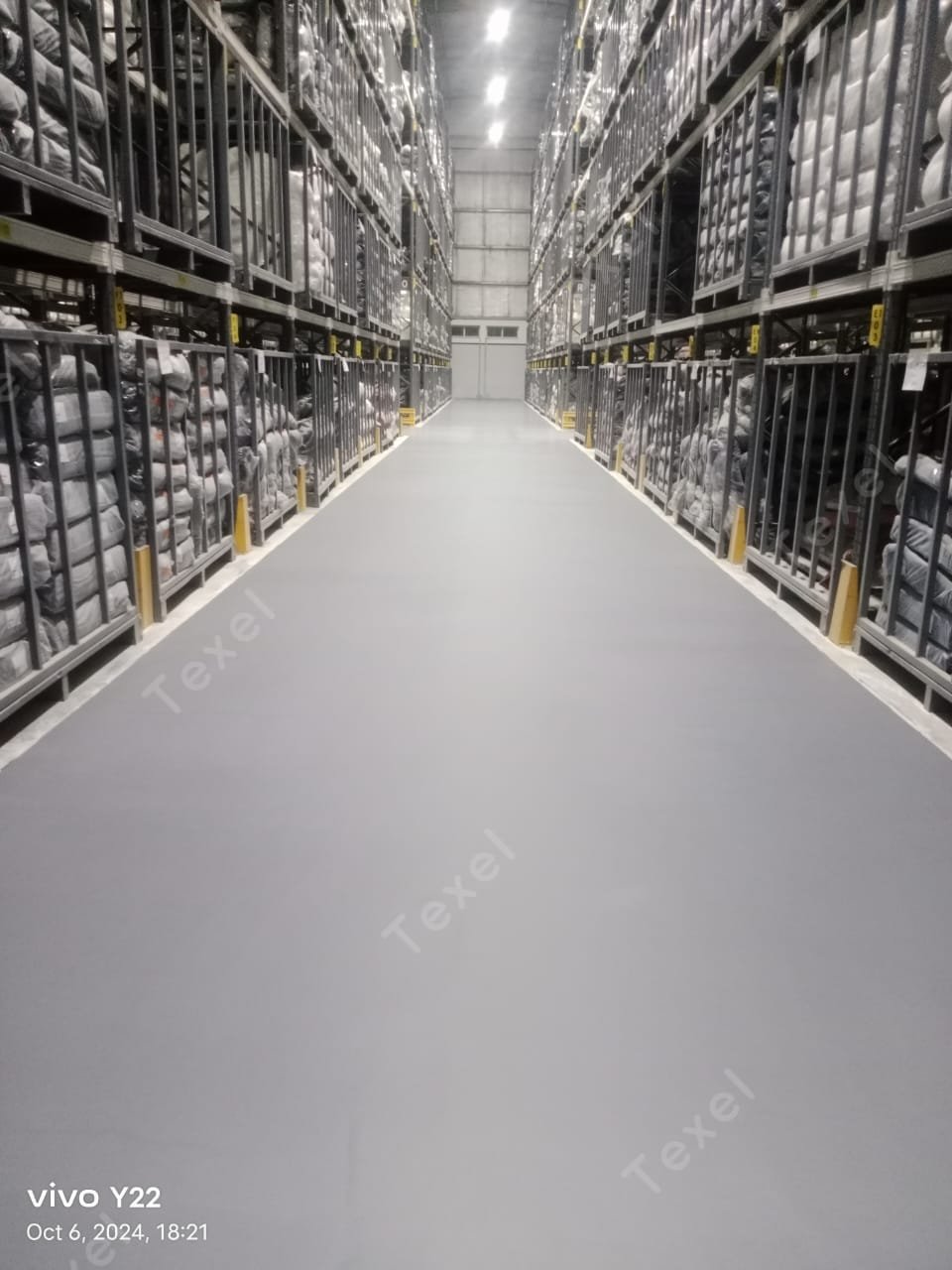WHERE
PU FLOORING IS USED?
INTRODUCTION
Polyurethane (PU) flooring is a highly durable and versatile flooring
solution that has gained popularity across various industries and applications.
Known for its exceptional resistance to chemicals, abrasion, and thermal shock,
PU flooring installation is often chosen for environments where hygiene,
durability, and ease of maintenance are crucial.
HOW PU FLOORING SATISFIES THE NEEDS OF
VARIOUS INDUSTRIES?
PU flooring
is designed to meet the diverse requirements of industries with its unique
properties and versatile features. Here is how it satisfies the specific needs
of various sectors:
1. Food and Beverage Industry
Needs: Hygiene, chemical resistance,
and thermal shock resistance.
- Polyurethane flooring is
seamless and non-porous, preventing bacterial growth. - Resistant to oils, acids,
and food-grade chemicals. - Withstands frequent cleaning
with hot water or steam.
2. Pharmaceutical and Healthcare
Needs: Sterility, ease of cleaning,
and chemical resistance.
- Anti-microbial and
anti-fungal properties ensure hygiene. - Complies with FDA and GMP
requirements. - Seamless finish prevents
contamination in cleanrooms and laboratories.
3. Industrial and Manufacturing Facilities
Needs: Durability, impact resistance,
and chemical resistance.
- High mechanical strength
handles heavy loads and machinery. - Resists chemicals, oils, and
solvents used in manufacturing. - Anti-slip options enhance
worker safety.
4. Commercial Spaces
Needs: Aesthetic appeal, durability,
and ease of maintenance.
- Available in a variety of
colors and finishes for attractive flooring. - Scratch and stain resistance
maintain the appearance over time. - Easy to clean and maintain,
reducing operational downtime.
5. Cold Storage and Refrigeration
Needs: Thermal resistance and slip
resistance.
- Withstands extreme low
temperatures (-40°C) without cracking. - Anti-slip properties ensure
safety in cold and wet conditions.
6. Educational and Institutional Buildings
Needs: Durability, low maintenance,
and safety.
- Long-lasting surface reduces
maintenance costs. - Anti-slip properties ensure
student and staff safety. - Customizable colors for
vibrant, welcoming spaces.
7. Automotive and Aerospace Industries
Needs: Resistance to oils, abrasions,
and heavy loads.
- Handles the weight of
vehicles and machinery without damage. - Resists oils, fuels, and
greases commonly used in these industries. - Anti-static options prevent
electrical hazards.
8. Sports and Gym Facilities
Needs: Impact resistance and slip
resistance.
- Shock-absorbing properties
reduce the risk of injury. - Anti-slip surfaces ensure
safety during high-impact activities.
9. Electronics and Data Centers
Needs: Anti-static properties and
chemical resistance.
- Anti-static PU flooring prevents
electrostatic discharge (ESD). - Resists harsh chemicals used
in electronic manufacturing.
10. Residential Applications
Needs: Aesthetic versatility,
durability, and comfort.
- Seamless and stylish
finishes elevate interior design. - Resilient surface withstands
wear and tear in high-traffic areas. - Soft underfoot feel adds
comfort for homeowners.
By
addressing these specific needs, PU flooring provides industries with a
reliable, long-lasting, and customizable solution that enhances operational efficiency,
safety, and aesthetics.
CONCLUSION
Polyurethane
flooring is a versatile and indispensable solution for a wide range of
applications, offering exceptional durability, chemical resistance, and ease of
maintenance. Its adaptability to various environments—from industrial
facilities to healthcare settings and commercial spaces—makes it a preferred
choice for both functional and aesthetic purposes.
